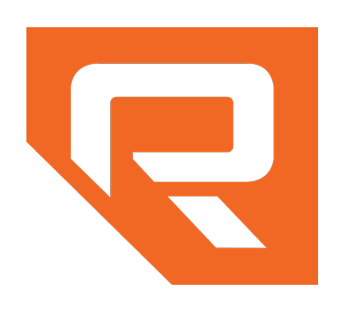USPTO Semiconductor Technology Pilot Program
On December 1, 2023, the USPTO introduced the Semiconductor Technology Pilot Program. This new initiative aims to advance the protection of intellectual property for semiconductor manufacturing innovations by accelerating the application process.
The USPTO has designed this program to support the CHIPS Act of 2022 (CHIPS), an executive order focused on improving the United States’ position in semiconductor research, development, and manufacturing. The new Pilot Program, effective immediately, is intended to bolster the objectives laid out in CHIPS by encouraging innovations that enhance semiconductor device production, reduce manufacturing costs, and strengthen the supply chain.
Based on statistics posted on the USPTO’s website, over the past two years, standard patent applications take nearly 21 months from their filing date before an Office Action is issued. For a final decision to be made on the patent application, you can expect to wait around 25 months from the date an application is filed.
There are different methods of filing a patent application that may reduce the amount of time it takes to issue the eGrant. One method is the Petition to Make Special. If granted, the application will be advanced out of turn for examination, significantly reducing the amount of time it takes for a first Office Action to be issued.
Certain selected participants do not have to pay additional fees, provided their invention fits one of the USPTO criteria. For example, if an applicant’s invention will materially enhance the quality of the environment, or contribute to countering terrorism, the application can be prioritized for no additional fee as a part of this program.
Applicants with Semiconductor-based inventions can file a petition to make special with no fee if their application qualifies. However, before applying, applicants should consider the eligibility requirements. Listed below are some, but not all requirements.
Application must be either:
a. An original utility nonprovisional application that is non-continuing; or
b. A continuation, divisional, or continuation-in-part that claims priority to only one prior application.
2. The application must contain at least one claim that covers a process or an apparatus for manufacturing a semiconductor device and that corresponds to one or more of the technical concepts within H10 (Semiconductor Devices; Electric Solid-State Devices Not Otherwise Provided For) or H01L (Semiconductor Devices Not Covered by Class H10) in the Cooperative Patent Classification (CPC) system.
3. The application must be electronically filed using Patent Center, and the specification, claims, and abstract must be submitted in DOCX format.
4. The application cannot have more than 20 claims and no more than 3 independent claims. The claims cannot contain any multiple dependencies.
5. The application cannot opt for non-publication of the application.
Interested applicants are encouraged to act quickly, as the program is limited to 1,000 petitions.
Provided they meet the necessary technology certifications, a faster, more cost-effective process may be available. With the USPTO’s announcement of the Semiconductor Technology Program, the possibility of an expedited application examination aims to inspire applicants in industries focused on improving renewable energy or the overall protection of the environment.
At Renner Otto, the oldest intellectual property firm in Cleveland, we specialize in assisting our clients as they develop efficient Intellectual Property strategies that are tailored to their business’s needs. Our attorneys are knowledgeable on a wide range of domestic and international IP issues, and we partner with Firms around the world to better serve our clients. While we periodically monitor and report on international IP matters, our attorneys are licensed to practice in the US.
Someone from the Renner Otto team would be happy to discuss this topic or any related Intellectual Property matters.
Contact us for a complimentary consultation to see how we can help your business move your innovation forward.
The attorneys at Renner Otto strive to be authorities in all matters concerning the ever-evolving landscape of Intellectual Property; however, the information provided on our website is not intended to be legal advice, nor does it create an attorney-client relationship.


